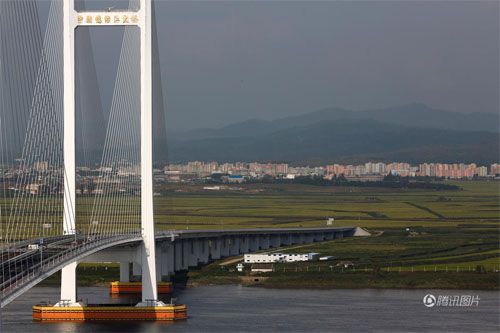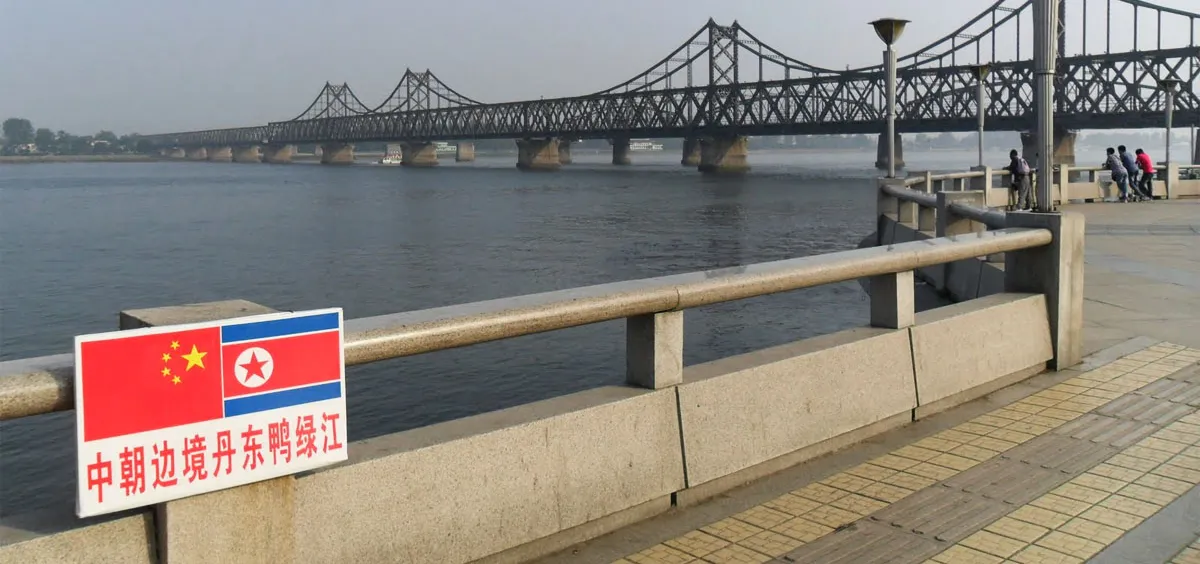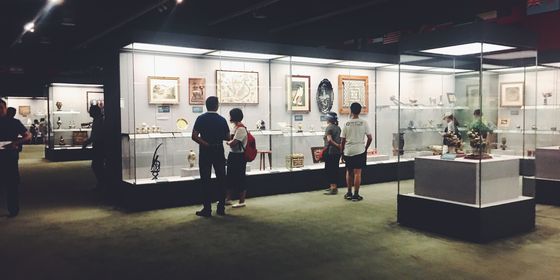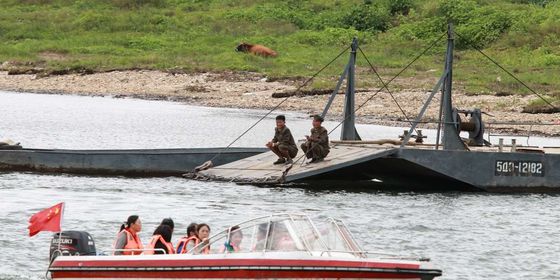China-North Korea relations cool further as US blacklists Bank of Dandong
The US Department of the Treasury blacklisted the Bank of Dandong last week, accusing it of being the “prime conduit for North Korean” money laundering, financing of WMDs or their delivery systems, and helping North Korea’s “continued evasion of international sanctions.”
The Treasury’s report focuses on $786 million of financial activity involving US and UN-sanctioned North Korean entities. In particular, the accounts of two North Korean banks, the Korea Kwangson Banking Corporation (KKBC) and Korea Mining Development Trading Corporation (KOMID), are thought to have been involved in both nuclear and conventional arms dealing.
It seems that North Korea’s trade oasis in the city of Dandong, which existed for so long at the edges of legitimacy, has finally dried up.
According to the report, Steven Mnuchin, US Secretary of the Treasury, said the US Treasury’s actions were “maximizing pressure on the Government of North Korea until it abandons its nuclear and ballistic missile programs.” In addition to sanctioning against Bank of Dandong, the Treasury also blacklisted two Chinese citizens accused of establishing front companies, and Dalian Global Unity Shipping Company, which is reported to transport 700,000 tons of coal and steel products a year between China and North Korea, in a move that Mnuchin said was “sending an emphatic message across the globe.”
Small banks, such as the Bank of Dandong, which has only five branches and 1,570 members of staff, shirk sanctions as they “seek opportunities to make money wherever they can,” Zhao Tong, a fellow at the nuclear policy program at the Carnegie-Tsinghua Center for Global Policy in Beijing, has told Reuters.
Reuters also reported that William Newcomb, a former member of the United Nationals Panel of Experts on North Korea, said that the Bank of Dandong “will in effect be shunned” by not only American banks, but also by international and Chinese banks because of the “reputational risk” and dangers to “their own ability to clear transactions should they try to act on the Bank of Dandong’s behalf.”

(Tencent)
Small banks like the Bank of Dandang used to be the tip of the iceberg of secretive ways that North Korea is funded. Dandong, a city of 2.5 million perched on the northern bank of the Yalu River, was once the home of a well-established trade network that accounted for three quarters of all trade between China and North Korea. The “Friendship Bridge” which connects Dandong with Sinijiu in North Korea, once bustled night and day with trucks carrying goods over the border. Now, the same trucks lie idle on the bank of the Yalu, their coal and iron no longer wanted.
The blacklisting of the Bank of Dandong—which China’s foreign ministry objected to with rhetoric only, saying it opposed sanctions outside of the UN’s framework—and end of trade between China and North Korea are the most recent symptoms of an attitude change in Beijing.
In March 2016, China agreed to tougher sanctions imposed by the UN on North Korea after a string of nuclear tests. Later in the year, Beijing began to restrict the number of visiting workers from North Korea by making paperwork more difficult and tightening regulations on businesses. Throughout 2017, there have been rumors that China—North Korea’s only supplier of crude oil—has reduced the amount of oil it pumps over the border, leading to petrol rationing in Pyongyang.
China has traditionally avoided criticizing its old ally, valuing its ability to preserve the regional status quo. Geopolitically, North Korea acts as a buffer, separating China from the 23,478 American troops garrisoned in the southern half of the Korean Peninsula. North Korea is also home to an estimated 25 million people, many of whom could become refugees should the state collapse.
Recently, however, Beijing appears to be taking a harder line with Kim Jong-un’s regime. Last month, foreign ministry spokesperson Geng Shuang rebuked Pyongyang over the death of US student Otto Warmbier, describing the incident as “unfortunate.” Weeks before, in May, Dandong issued a call for volunteer Korean interpreters in a move widely interpreted as preparation for a refugees influx.
The mood in Dandong is still relaxed, but the warm breeze that once carried financing, oil, and protection from Beijing to Pyongyang is now blowing with uncharacteristic coolness.
Cover photo from Alvin Tang












